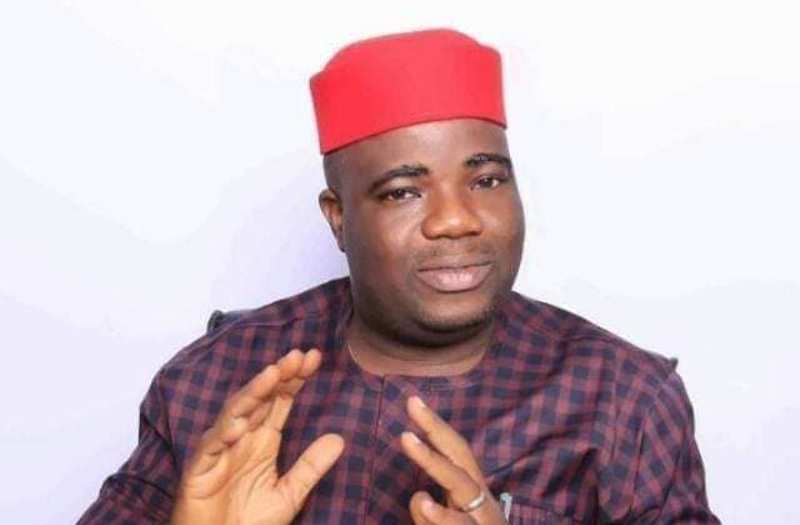The Secretary-General of the United Nations, António Guterres, said that much of the global challenges faced today was a culmination of an age-long patriarchal tradition currently threatening world peace.
Speaking at a town hall meeting during the ongoing 66th session of the Commission on the Status of Women (CSW) hosted at the UN headquarters in New York, Guterres described gender equality as a sine qua non for global peace.
He lamented that “the COVID-19 pandemic, the climate crisis, the growth and spread of conflicts” were “largely the result of our male-dominated world and male-dominated culture”.
According to the UN boss, the world scenes had been routinely periled by human rights crisis, which conflated women’s rights crisis, noting that an investment in women activists, human rights defenders, and Civil Society Organisations would help nip in the bud the avalanche of oppressive policies and gender-based conflicts.
In what Guterres described as “the greatest sustainable development challenge of our age”, the trio of climate change, pollution, and biodiversity loss “pose an enormous threat to progress on women’s rights and gender equality”.
“Courageous women are in the streets on every continent, fighting for their rights, and for more peaceful, inclusive, sustainable economies and societies that benefit us all,” he noted.
Against the background of a “millennia of patriarchy and the suppression of women’s voices”, Guterres charged every country to map out a strategic plan to put out all forms of violence against women and girls.
This, he said, “must be treated as the emergency that it is backed by the laws, policies and political will needed to achieve this goal”.
The 66th (2022) session of the CSW which had begun since March 14, to end March 25, with the objective of promoting and attaining gender equality and the empowerment of all women and girls in the context of climate change, environmental and disaster risk reduction policies and programmes, had in attendance representatives of Member States, UN entities, and ECOSOC-accredited non-governmental organizations from all regions of the world.
NAN





2 Comments